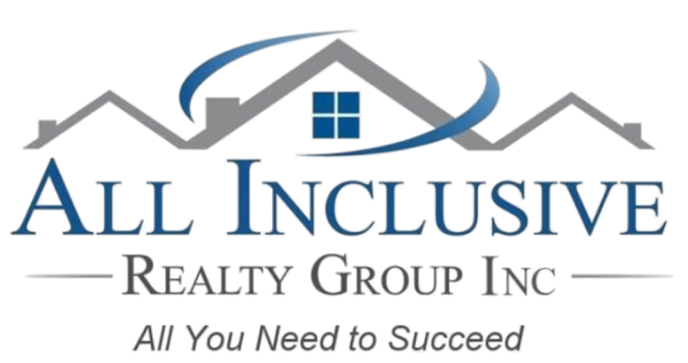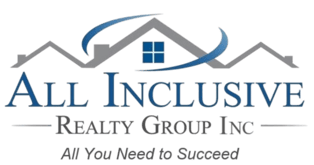Unlock seamless property management with these essential tips for coordinating maintenance and keeping tenants happy in your rental properties.
Building Strong Communication Channels with Tenants
Effective communication is the cornerstone of successful maintenance coordination. By establishing strong communication channels with tenants, landlords can address maintenance issues promptly and keep tenants informed about ongoing and upcoming repairs. This proactive approach not only ensures tenant satisfaction but also helps maintain the property's value.
Regular check-ins and open lines of communication can help identify potential issues before they escalate, allowing for timely repairs and maintenance. Utilizing tenant portals or communication apps can streamline this process, making it easier for tenants to report issues and for landlords to provide updates.
Leveraging Technology for Streamlined Maintenance Requests
Incorporating technology into maintenance coordination can significantly enhance efficiency. Property management software and apps enable landlords to track maintenance requests, schedule repairs, and communicate with tenants and vendors in real time. This reduces the risk of overlooked requests and ensures that maintenance tasks are completed promptly.
Additionally, digital platforms can provide valuable data and insights, helping landlords identify recurring issues and implement preventative measures. This proactive approach can lead to significant cost savings by addressing minor issues before they become major, costly repairs.
Establishing Relationships with Reliable Contractors
Building a network of reliable contractors is crucial for effective maintenance coordination. By establishing strong relationships with trustworthy vendors, landlords can ensure that maintenance tasks are completed to a high standard and in a timely manner. This can also lead to better pricing and priority service during emergencies.
Regularly vetting contractors and maintaining an updated list of preferred vendors can streamline the maintenance process. It's also beneficial to negotiate service agreements that outline expectations, pricing, and response times, ensuring clarity and consistency in service delivery.
Scheduling Preventative Maintenance to Avoid Costly Repairs
Preventative maintenance is essential for minimizing unexpected costs and extending the lifespan of property assets. By scheduling regular inspections and routine maintenance tasks, landlords can identify and address potential issues before they escalate into costly repairs.
A well-structured maintenance schedule should include tasks such as HVAC servicing, plumbing checks, roof inspections, and pest control. This proactive approach not only protects the property but also enhances tenant satisfaction by ensuring a safe and well-maintained living environment.
Documenting Every Step for Compliance and Transparency
Thorough documentation is vital for maintaining compliance and ensuring transparency in maintenance coordination. Keeping detailed records of all maintenance requests, actions taken, and communications with tenants and vendors can protect landlords from legal disputes and provide a clear audit trail.
Utilizing property management software can simplify this process by automatically logging maintenance activities and storing relevant documents. This ensures that all parties are informed and accountable, fostering trust and transparency in landlord-tenant relationships.


